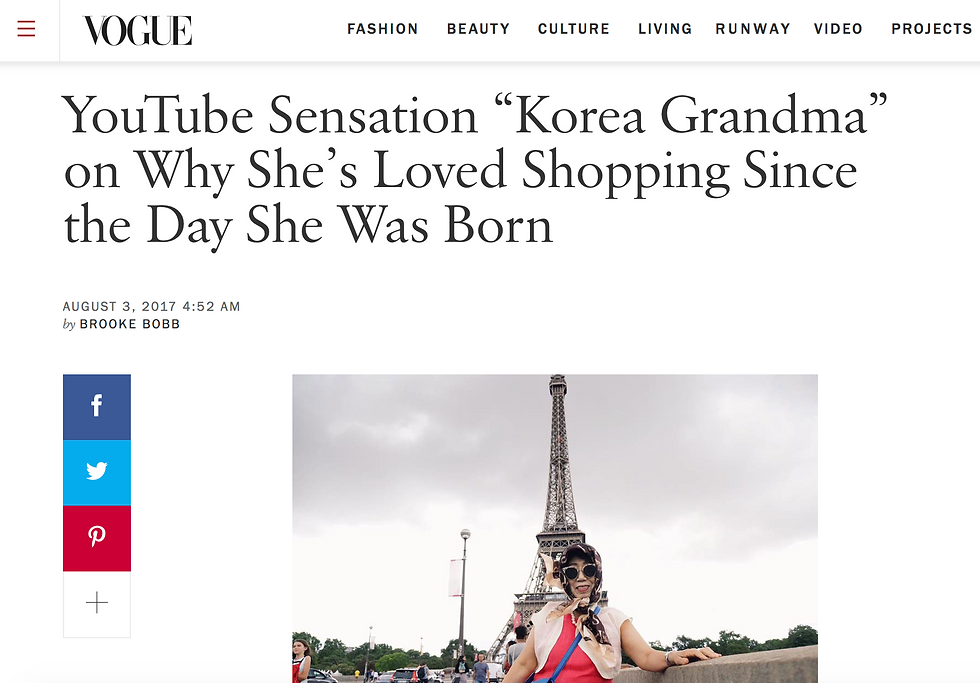Korean collectivism (we-ness)
- J M
- 2016년 1월 19일
- 2분 분량
The gold collection campaign were possible because of Korean collectivism which is We-ness, Uri (or Woori). Uri, we-ness, or in group-ness as a more essentially relevant feature of Korean collectivism. The social relationship among Korean in-groups are based on social networks, the sophisticated genealogical system, the power of school connections, or regionalism. For Koreans, group is very important. To explain or talk about Korean collectivism in one blog post is not enough but this blog is not a ‘thesis’ rather a blog that I would like to share my research project, especially about ‘ajummas and their usage of smartphones in everyday practices’. In addition, I need to mention about Korean collectivism to support some ideas (e.g. gold collection campaign). Moreover, it might be helpful to you to understand Korea and ‘ajummas’ in Korean society if you know what Korean collectivism (we-ness) and Jeong means.

This image explains how ajummas have similar hair styles in Korea. More stories about ajummas will be posting continuously.
image from <http://kfoodtalker.tistory.com/3442>
Of course, there are negative opinions how Korean collectivism ignores everyone’s individuality and force to be standardised. For me, Korean collectivism can be pros and cons in many ways. It leads people to be united and do something together such as Red Devils (supporting group for the Korea Republic national football team), Group Singing or Gold collection campaign. This Korean collectivism brought people to feel like ‘We are Koreans’ or ‘We are one’. And in my experience, this Korean collectivism doesn’t allow me to be different from others. In other words, being different from others is not an ideal thing to be in certain groups. Thus I have to become similar with others in groups to stay in certain groups. This is just my opinions so there should be various ideas about Korean collectivism.

image from Koreatimes.co.kr <http://www.koreatimes.co.kr/www/news/biz/2014/01/291_67541.html>
Group Singing

High school students wear the same North Face jumpers at graduation ceremony
image from: photohistory.tistory.com <http://photohistory.tistory.com/11401>

Ajummas wear similar mountain-climbing clothes in the subway
This Korean collectivism can be explained with the concept of ‘Woori (we-ness)’.
Woori (we-ness)

We is a plural of ‘I’ in linguistic. So a group of ‘I’ can be interpreted as ‘Woori’ (because Woori means ‘we-ness’ in English).
However, Woori is not simply a plural of ‘I’. As you can see above, woori is not a simply a plural of ‘I’, and it needs ‘jeong’ between ‘I’ to become woori.
Then, what is Jeong?




댓글